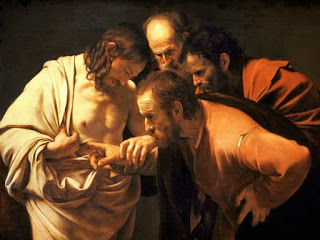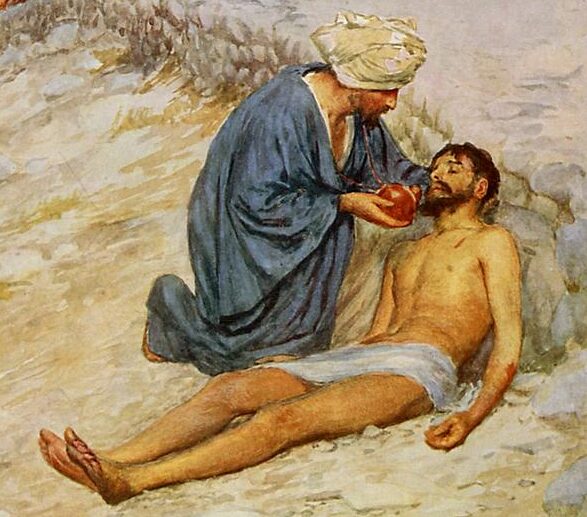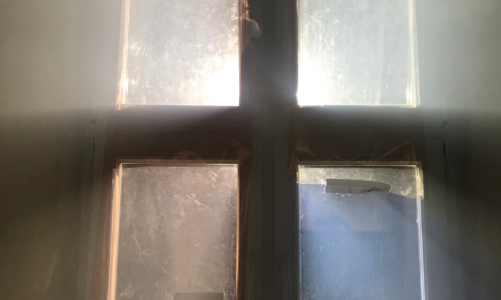One of the most difficult things for me to understand when it comes to addictions like eating disorders is how those who suffer from such things, myself included, can continue doing those things in which they do not want to do. I remember swearing after acting upon eating disorder urges that I would never give into the impulses again. Every time was “the last time” and every time I made that promise to myself or others, I meant it. Still, I couldn’t stop.
Friends of mine accused me of not really wanting to get better. If I really wanted recovery, couldn’t I just will the behaviors to stop? After all, am I not in control of my own body? Wasn’t recovery as simple as bending my elbow to spoon food in my mouth, nor not shoving two fingers down my throat?
But here is the thing: For me, saying “just stop the eating disorder behaviors” was the same as telling a dehydrated person to refrain from having a glass of water. I wanted to stop, I wanted to refrain from my “water,” but I just couldn’t. Like a thirsty person longing for water, I could delay the eating disorder urge for only so long before I caved to the unwanted desire.
That’s why it was such a relief to me to read St. Paul’s words to the Romans 7:18-20:
For I do not do the good I want,
but I do the evil I do not want.
Now if I do what I do not want, it is no longer I who do it,
but sin that dwells in me.
Saint Paul’s words were so validating! I knew my eating disorder was not good. I knew my behaviors not only harmed me, but they also harmed those around me, and yet I could not stop. I totally related to Saint Paul when he cries, “Who will deliver me from this mortal body” (Romans 7:24)? It wasn’t I, because I was not in control of myself.
While I found these lines validating to my human experience, it took me a bit to understand the next line of Saint Paul’s letter, “Thanks be to God through Jesus Christ our Lord” (Romans 7:25). It wasn’t until I began to build a relationship with Christ that I finally understood. It is only through a relationship with God and uniting our sufferings with His death and resurrection that our addictive impulses die and we are given new life. It is only through Christ that we are saved despite our addictive impulses. Today I encourage you to consider what you can do to build a deeper relationship with Christ so that your love for Him and His love for you will set you free.



